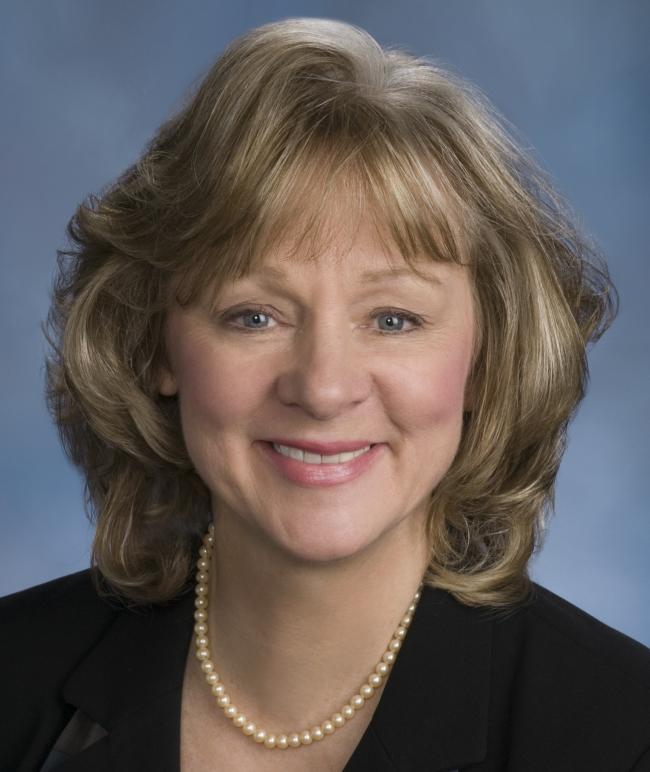Opinion: Oil speculation leads to high gas prices
Julia Patterson
Tue, 12/06/2011
By Julia Patterson
King County Councilmember
I am often asked how actions in the “other Washington” influence King County residents. Sometimes, these decisions can affect our everyday lives, like the price we pay for gasoline.
Gas prices are dependent on many factors. For example, you’ve probably noticed prices increase in the summer when more people travel longer distances. The increased demand for gasoline leads to higher prices because suppliers produce only a limited quantity of gasoline. However, gas prices are also impacted by something much more esoteric: oil speculation. Oil speculation is the buying and selling of oil by private investors who have no intention of using it, but want to make a profit.
This September, I introduced a motion that was unanimously adopted by the King County Council to protect King County consumers from paying artificially high oil prices. This motion called on the Commodity Futures Trading Commission, a federal agency, to use its power to control speculative oil investment.
In this article, I will explain what oil speculation is, why it matters to everyday people, and why I introduced the motion.
What is Oil Speculation?
Oil speculation is commonly described as an action an investor may take to manipulate oil prices. The investor does this by buying large amounts of oil, “betting” that the price will rise in the future.
According to the laws of supply and demand, if the supply of a product decreases, and demand for the product stays the same, the price of the product will increase. In the same way, oil speculation shrinks the overall oil supply and drives up its price. However, there is not a true shortage of supply since the speculated oil is not used. It is merely held until it can be sold for a profit. That means today’s oil prices are determined, in part, upon fear and manipulation, not supply and demand.
In recent years, South King County has been tremendously impacted by the Great Recession. Poverty rates have increased and many are without work. The motion I introduced was designed to help protect all citizens, including our most vulnerable, from paying artificially high oil prices.
Gasoline
According to the US Census, the average commute time in King County is 26 minutes. In some areas of Southwest King County, the average commute time jumps to 29 minutes. The more time we spend in our cars, the more we spend on gas.
When the Council’s motion was passed, there was no shortage of oil, yet gas prices were rising as a result of oil speculation. By Labor Day, the average national gas price was $1.00 per gallon higher than it was in 2010. If the “other Washington” would have enforced its authority on speculation, King County residents could have been paying one-third less for gas.
Mass Transit
Without strict oil speculation rules, the cost of gasoline-dependent public services, such as bus service, increases.
The King County Council recently voted to impose a $20 vehicle fee in order to preserve regional Metro bus system service. If fuel prices were based upon actual demand, instead of speculated prices, our transit system would save millions of dollars on fuel costs, and the fee could have been avoided.
Community Services
High gas prices not only impact commuters and the transit system, they also impact local nonprofit organizations. One example is the Meals on Wheels program.
Meals on Wheels is an organization that delivers nutritious meals to thousands throughout King County. They make it possible for the homebound elderly to eat well and remain independent. Their operations rely on transporting and delivering food. So, when gas prices skyrocket, Meals on Wheels and other similar organizations face a multitude of budgeting and service challenges.
Why I Introduced the Motion
I introduced this motion to help protect King County consumers from paying artificially high oil prices. At a time when we are struggling to make every penny count and there is no oil shortage, oil speculation has been driving up the costs of gasoline, diesel and jet fuel. Oil speculators are generating great wealth, and consumers are stuck paying higher gas prices.
Next Steps
As you read this article, thousands of citizens are speaking out against social inequities and financial greed. You have an opportunity to speak up, too. Contact your US senators and tell them you are tired of paying too much for gasoline. Tell them to urge the federal government to enforce rules so that oil prices reflect their true price. The federal government, through its regulatory agencies, has the power to ensure honest oil prices.
More information on the Council’s motion can be found at http://kingcounty.gov/council/news/2011/September/JP_LG_CFTC.aspx


